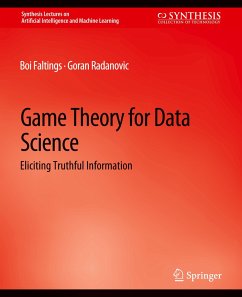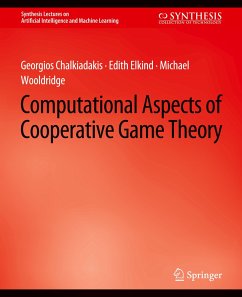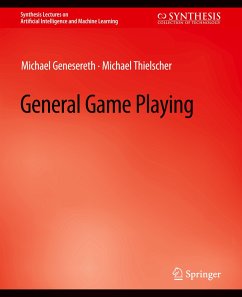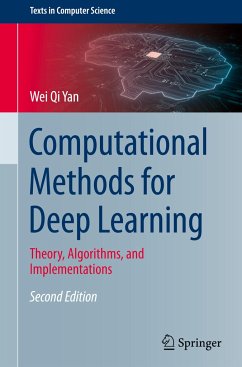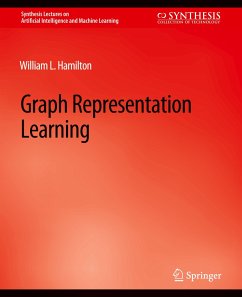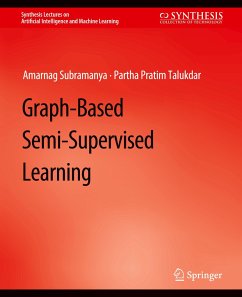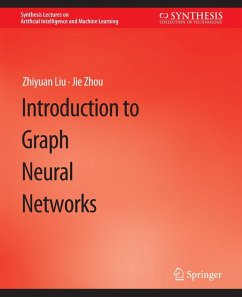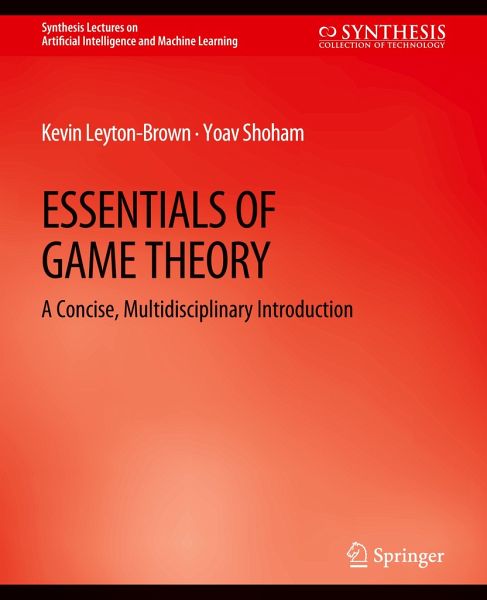
Essentials of Game Theory
A Concise Multidisciplinary Introduction

PAYBACK Punkte
0 °P sammeln!
Game theory is the mathematical study of interaction among independent, self-interested agents. The audience for game theory has grown dramatically in recent years, and now spans disciplines as diverse as political science, biology, psychology, economics, linguistics, sociology, and computer science, among others. What has been missing is a relatively short introduction to the field covering the common basis that anyone with a professional interest in game theory is likely to require. Such a text would minimize notation, ruthlessly focus on essentials, and yet not sacrifice rigor. This Synthes...
Game theory is the mathematical study of interaction among independent, self-interested agents. The audience for game theory has grown dramatically in recent years, and now spans disciplines as diverse as political science, biology, psychology, economics, linguistics, sociology, and computer science, among others. What has been missing is a relatively short introduction to the field covering the common basis that anyone with a professional interest in game theory is likely to require. Such a text would minimize notation, ruthlessly focus on essentials, and yet not sacrifice rigor. This Synthesis Lecture aims to fill this gap by providing a concise and accessible introduction to the field. It covers the main classes of games, their representations, and the main concepts used to analyze them.



